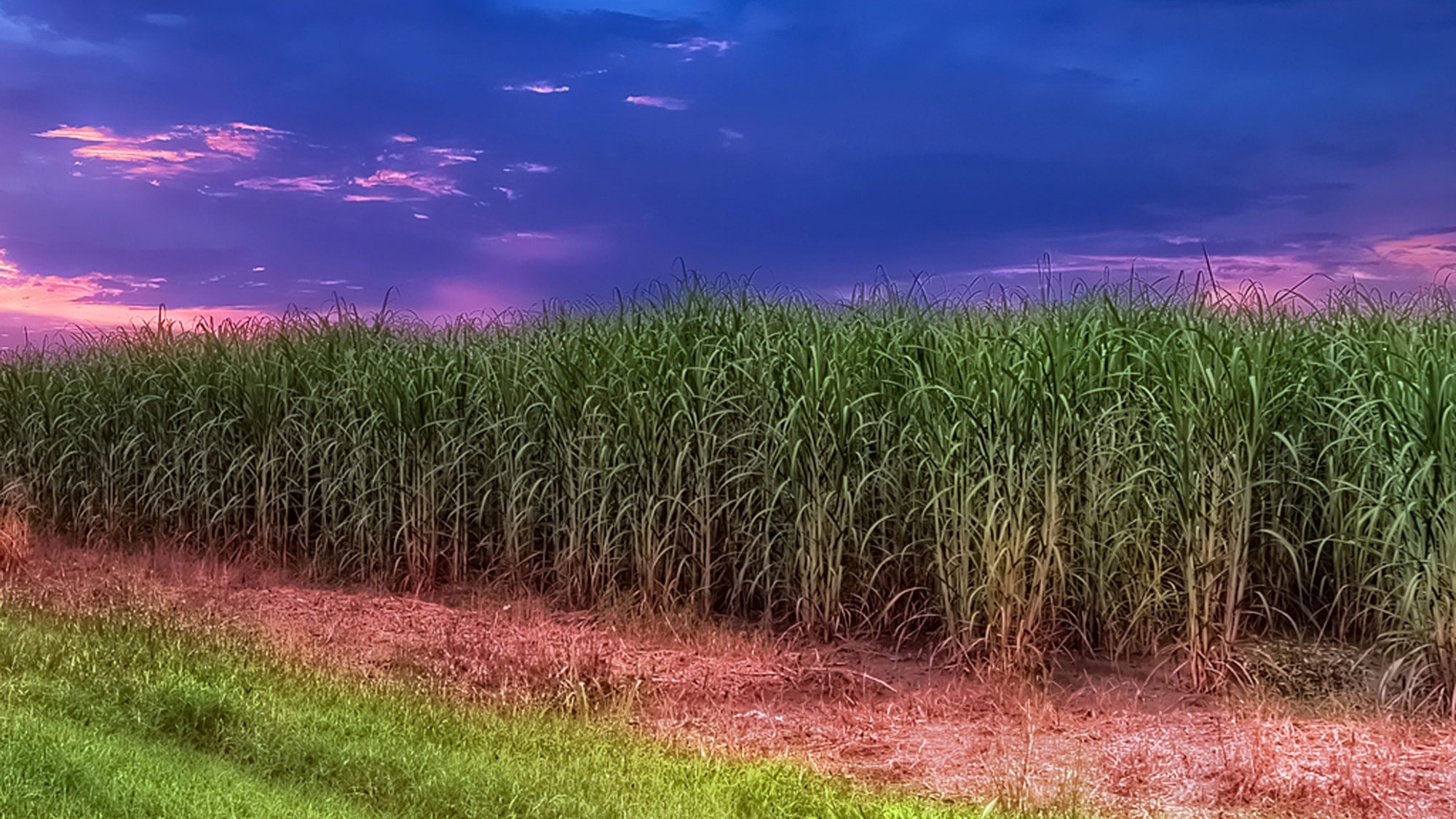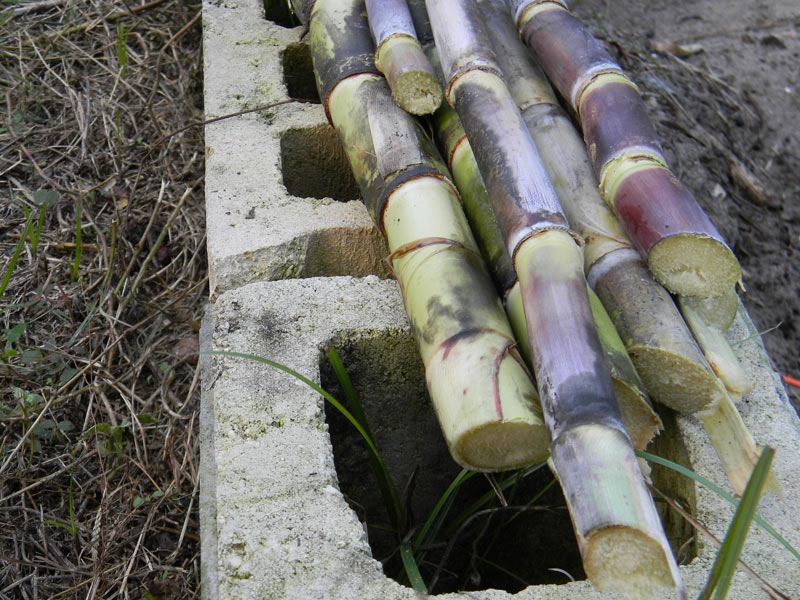The Environmental Impact of Growing Sugar and Cane in Various Regions
The Environmental Impact of Growing Sugar and Cane in Various Regions
Blog Article
Why Walking Cane Sugar Handling Chemicals Are Vital for Modern Sugar Refining
The function of walking cane sugar processing chemicals in modern sugar refining can not be overstated, as they are essential to improving both the efficiency of extraction and the general top quality of the last item. Agents such as phosphoric acid and particular flocculants are used to eliminate contaminations, resulting in sugar that not just satisfies customer assumptions yet additionally adheres to sector requirements.
Duty of Handling Chemicals
The efficacy of cane sugar processing hinges considerably on the tactical application of processing chemicals. These chemicals play a critical function in enhancing the efficiency and top quality of sugar removal and refining. From the preliminary stages of juice extraction to the final purification steps, handling chemicals promote different critical operations.
In the extraction stage, chemicals such as phosphoric acid and calcium hydroxide are used to enhance the clarification process, aiding to get rid of pollutants and suspended solids from the walking stick juice. This not only improves the return however likewise makes certain the quality of the end product. In addition, representatives like flocculants aid in the rapid settling of impurities, therefore improving the general process.
Triggered carbon and ion exchange materials offer to eliminate shade and smell, ensuring that the polished sugar fulfills consumer quality criteria. Therefore, the meticulous choice and application of these chemicals are important for achieving ideal end results in walking stick sugar processing.
Key Sorts Of Chemicals
Walking cane sugar processing relies upon a range of key chemicals that help with each phase of manufacturing. These chemicals play vital functions in making clear, bleaching, and cleansing the sugar removed from walking stick.
One primary category of chemicals consists of flocculants, such as polyacrylamide, which aid in the clarification process by advertising the aggregation and settling of contaminations. In addition, calcium hydroxide is usually used to counteract level of acidity and help in the elimination of non-sugar components.
Whitening representatives, such as turned on carbon and sulfur dioxide, are made use of to decolorize the syrup, resulting in a clearer end product. These chemicals help eliminate shade substances that might influence the sugar's look and marketability.
In addition, phosphoric acid offers as a pH regulator throughout the processing phases, making sure optimum conditions for the chemical tasks associated with sugar extraction and filtration.
Other important representatives consist of edta (ethylenediaminetetraacetic acid), which chelates steel ions that could catalyze unfavorable responses, and salt hydroxide, which assists in pH control throughout the refining procedure. Collectively, these chemicals boost effectiveness and make sure a premium walking cane sugar item.
Advantages for Sugar Quality
Frequently neglected, using details handling chemicals substantially enhances the total quality of cane sugar. These chemicals play a pivotal duty in refining procedures, ensuring that the end product fulfills rigid industry standards for pureness and taste.

In addition, refining chemicals assist in achieving a consistent granulation and texture, which are vital for customer acceptance. By managing the crystallization procedure, these chemicals ensure that the sugar crystals develop reference evenly, causing a more appealing product that liquifies well in different applications.
Moreover, making use of these chemicals can improve the life span of cane sugar by minimizing dampness absorption and microbial growth. Overall, the tactical application of processing chemicals is essential for supplying top quality walking cane sugar that fulfills customer expectations and market demands.
Environmental Impact Considerations

Additionally, the energy-intensive nature of sugar refining, worsened by chemical usage, commonly causes increased carbon discharges. This adds to environment change and elevates concerns regarding the sustainability of present refining practices. In addition, the sourcing of these chemicals might include techniques that threaten biodiversity, such as monoculture farming, which lowers the resilience of farming ecosystems.

To mitigate these impacts, sugar refiners are significantly exploring sustainable options and embracing best methods that click this link lessen chemical usage. Carrying out rigorous ecological management systems can assist make certain that the refining procedure straightens with ecological criteria and advertises biodiversity. Inevitably, a well balanced technique that prioritizes both sugar high quality and ecological stewardship is crucial for the lasting stability of the sugar industry.
Future Patterns in Refining
As the sugar sector faces the ecological obstacles related to traditional refining methods, innovative methods are emerging to improve both performance and sustainability. One considerable pattern is the fostering of eco-friendly chemistry principles, which focus on the use of safe, naturally degradable handling chemicals. This change not just decreases environmental influence however also addresses customer need for cleaner manufacturing techniques.
An additional encouraging development is the implementation of advanced filtration innovations, such as membrane separation and adsorption processes. These methods boost the clearness and quality of the sugar while lowering the quantity of wastewater generated throughout refining. Furthermore, the integration of electronic technologies, consisting of IoT and AI, is changing operational performance by allowing real-time monitoring and predictive upkeep, thus decreasing resource waste.
In addition, using byproducts from sugar refining, such as bagasse and molasses, is obtaining traction. These products can be exchanged biofuels or value-added products, adding to a circular economy within the industry. Collectively, these trends indicate a change in the direction of even more lasting methods that not only enhance operational performance click for source but additionally straighten with international sustainability goals, making sure the future stability of sugar refining.
Final Thought
Walking stick sugar processing chemicals are crucial in contemporary sugar refining, significantly enhancing the performance and high quality of sugar removal. The calculated usage of these chemicals not just enhances the pureness and taste of the final product but likewise ensures regular formation and texture. As the market increasingly prioritizes sustainability, the fostering of environmentally-friendly processing agents is likely to shape future fads in refining, ultimately resulting in greater high quality products and extended life span for customers.

Ultimately, a well balanced technique that prioritizes both sugar top quality and environmental stewardship is essential for the lasting feasibility of the sugar industry.
Cane sugar processing chemicals are crucial in modern sugar refining, substantially boosting the effectiveness and high quality of sugar extraction.
Report this page